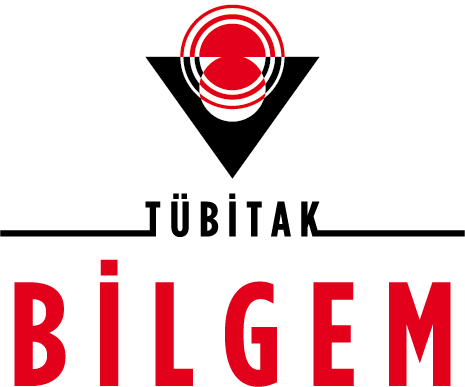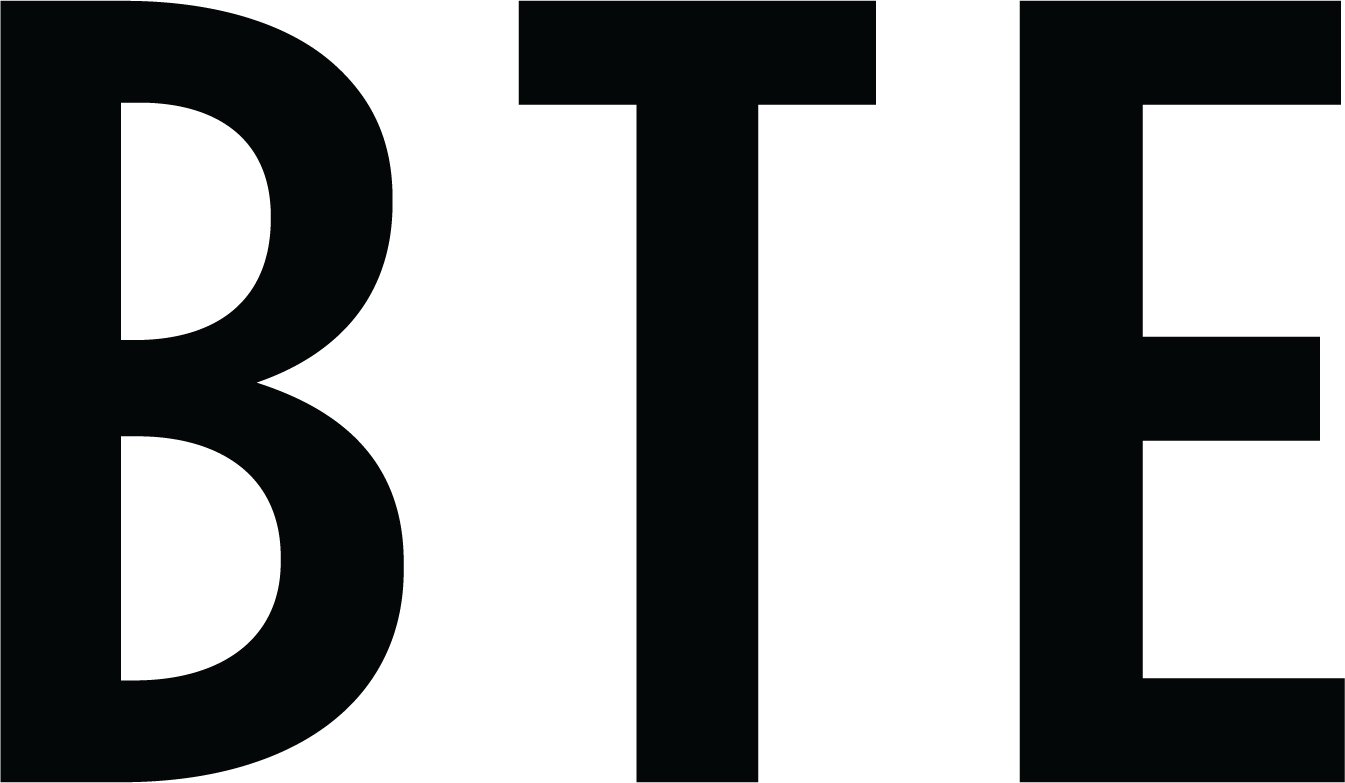TRAININGS
Information Technologies Institute Trainings
Big Data Trainings
Duration of Education | • 2 days |
Prerequisites | • To graduate from fields such as Engineering, Mathematics, Statistics, Informatics. |
Who Can Participate? | • Designing highly scalable distributed systems dealing with big data expertise and using different open source tools, |
Education Goals | • Learning basic information about the history of big data, Hadoop foundations and basic technologies that make up the ecosystem, • To learn general information about usage scenarios and basic components for Kafka and Nifi, which are the basis of data transfer technologies, |
Subject Headings | • Big Data History and Fundamentals |
Duration of Education | • 2 days |
Prerequisites | • To have knowledge of data, data analysis, mathematics, statistics, computer science, database, database query. |
Who Can Participate? | • Software developers, analysts and data scientists who need to implement data science and machine learning in Spark / Hadoop, |
Education Goals | • Learning the basics of project life cycle, data collection, data evaluation, data conversion and data analysis, |
Subject Headings | • Data Science Fundamentals |
Duration of Education | • 4 days |
Prerequisites | • To graduate from fields such as Engineering, Mathematics, Statistics, Informatics. |
Who Can Participate? | • Designing highly scalable distributed systems dealing with big data expertise and using different open source tools, |
Education Goals | • Learning basic information about scenarios that require the emergence of the big data concept, Hadoop fundamentals and basic technologies that make up the ecosystem, • Learning basic information about Artificial Intelligence and Machine Learning, |
Subject Headings | • Big Data History and Fundamentals |
Duration of Education | • 3 days |
Prerequisites | • To have knowledge of data, data analysis, mathematics, statistics, computer science, database, database query. |
Who Can Participate? | • Software developers, analysts and data scientists who need to apply data science and machine learning with Spark, |
Education Goals | • Learning the basics of Python Programming, |
Subject Headings | • Introduction to Python |
Safir Cloud Trainings
Duration of Education | • 1 day |
Prerequisites | • To graduate from fields such as Engineering, Mathematics, Statistics, Informatics. |
Who Can Participate? | • Employees as System Specialists |
Education Goals | • Learning basic information about the history of virtualization and virtualization technologies |
Subject Headings | • Virtualization History and Fundamentals |
Duration of Education | • 3 days |
Prerequisites | • To graduate from fields such as Engineering, Mathematics, Statistics, Informatics. |
Who Can Participate? | • Employees as System Specialists |
Education Goals | • Learning basic information about the history of virtualization and virtualization technologies • Detailed explanation of OpenStack Network Management (Neutron) service |
Subject Headings | • Virtualization History and Fundamentals |
Duration of Education | • 1 day |
Prerequisites | • To graduate from fields such as Engineering, Mathematics, Statistics, Informatics. |
Who Can Participate? | • Employees as System Specialists |
Education Goals | • Explaining Ansible's features and architecture |
Subject Headings | • Introduction to Ansible language |













